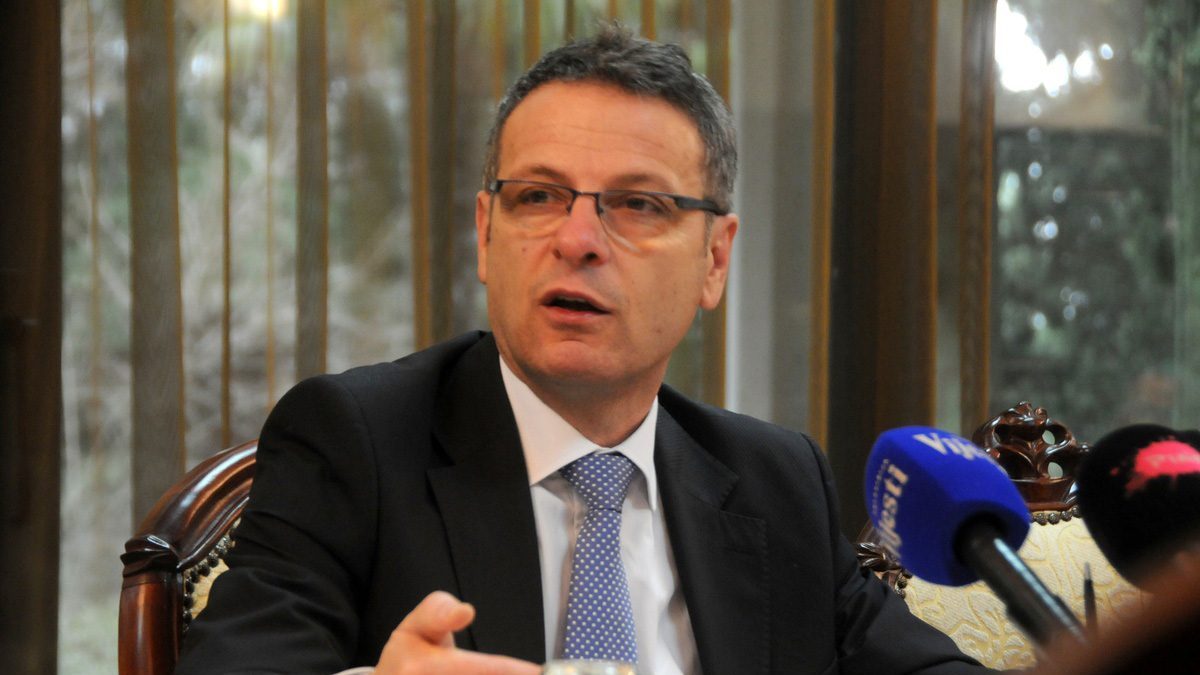Garčević Discusses International Influences in the Balkans

In an interview with Al Jazeera Balkans, Ambassador Vesko Garčević, Professor of the Practice of International Relations at Boston University’s Frederick S. Pardee School of Global Studies, discussed Russia’s influence in the Balkans, the role of other external actors (the US and the European Union) in the region, and the political situation in Montenegro and Bosnia and Herzegovina.
In the article, titled, “Garčević: If Ukraine had fallen, BiH and Kosovo would have paid a high price,” he first described the Kremlin’s influence in the region, arguing that Russia had captured a considerable amount of political, media, and spiritual space. Moscow pursues its interests through local, primarily Serbian, political actors and the Serbian Orthodox Church with the Russian media as the third lever of influence. Over time, Serbia has become a hub of Russian propaganda in the region. Not only Sputnik or Russian Today, but also branches of other lesser-known Russian media outlets operate from there. Often, information created by Moscow is later taken over by local media and marketed as their own, further popularizing Russia’s narratives in the local media space.
Ambassador Vesko Garčević dealt with issues pertinent to European security and NATO for almost 14 years during his diplomatic career. In 2004, he was posted in Vienna to serve as Ambassador to Organization for Security and Cooperation in Europe. He was Montenegro’s Ambassador to NATO from 2010 until 2014 and served as Montenegro’s National Coordinator for NATO from 2015 until he joined the faculty at the Pardee School. Learn more about Ambassador Garčević on his faculty profile.